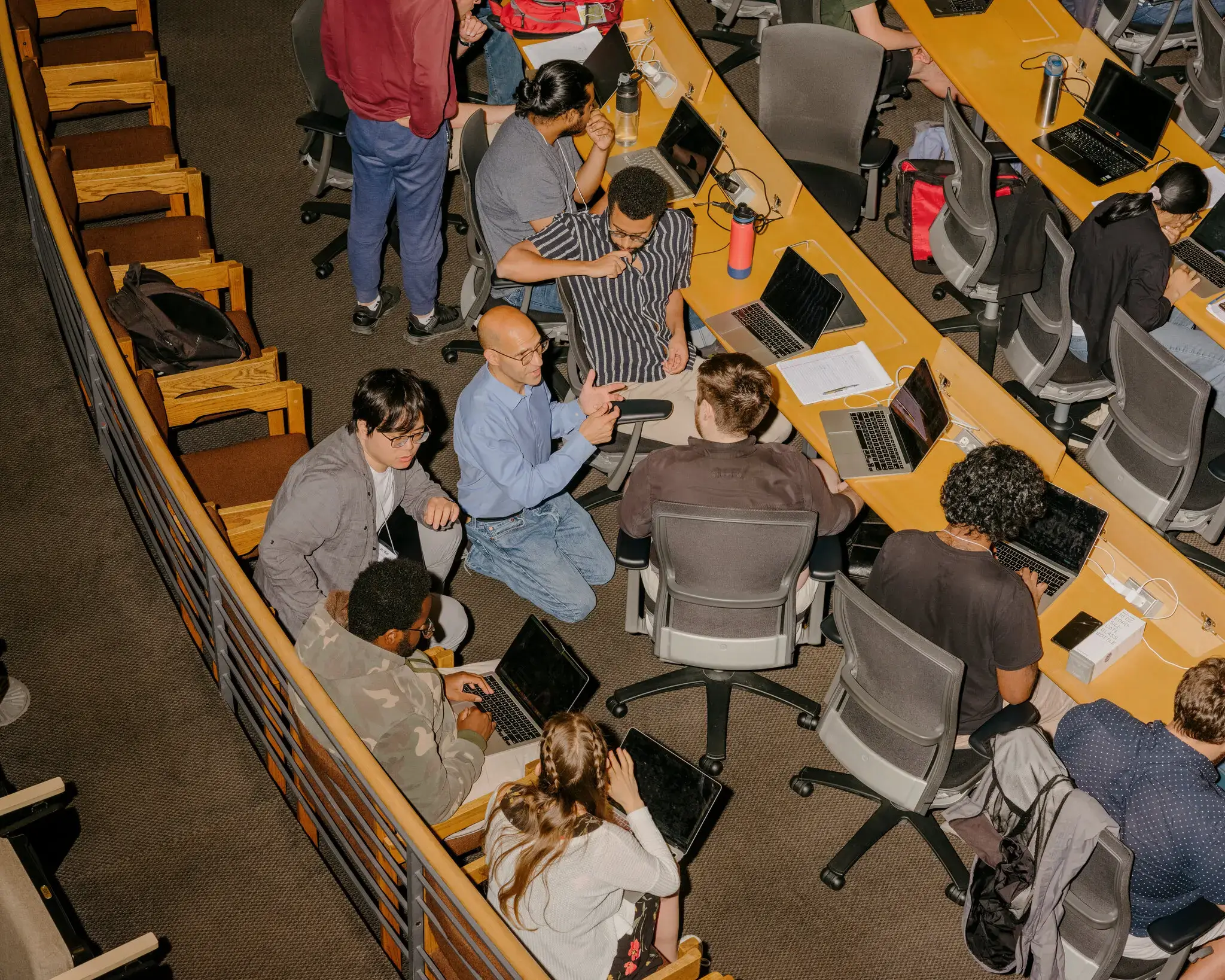In the collection of the Getty Museum in Los Angeles, there is a portrait of the ancient Greek mathematician Euclid, holding up sheets of his famous treatise on geometry, “Elements.” Euclid’s work, which provided a foundation for mathematical reasoning for over 2,000 years, was built upon intuitive geometric foundations. However, in the 20th century, mathematicians began to develop formal systems and symbolic representations, leading to the emergence of computational brute force proofs.
In 2019, computer scientist Christian Szegedy predicted that within a decade, a computer system would match or exceed the problem-solving abilities of the best human mathematicians. Mathematicians like Akshay Venkatesh and Jeremy Avigad acknowledge the potential of artificial intelligence (AI) in their field. However, they emphasize the importance of mindful and deliberate use of technology to support human understanding.
Workshops and gatherings on machine-assisted proofs have drawn mathematicians and computer scientists to explore the implications and potential threats of AI in mathematics. Proof assistants, such as Lean, have gained attention for their ability to check the correctness of mathematical reasoning by translating proofs into code. While these tools have drawbacks and can be considered “proof whiners,” they also provide valuable feedback for teaching and deepening understanding.
Researchers like Marijn Heule use automated reasoning tools, such as SAT solvers, to solve problems beyond human capabilities. Machine learning algorithms, like those developed by Google’s DeepMind, have shown promise in advancing mathematics by guiding human intuition. The ultimate goal for some researchers, like Yuhuai Wu, is to develop an “automated mathematician” capable of solving theorems independently.
Mathematicians have expressed varying levels of concern about these disruptions. Some worry about conflicting goals and values between research mathematics and the tech and defense industries. The lack of discussion about the implications of AI on mathematical research has been criticized, and experts encourage more involvement and dialogue.
Geordie Williamson of the University of Sydney views mathematics as a litmus test for the capabilities of machine learning. While machine learning algorithms can predict mathematical quantities accurately, understanding the underlying reasons for their success remains a challenge. This presents an opportunity for mathematicians to contribute meaningfully to the world by exploring and answering fascinating mathematical questions posed by AI.
The integration of intuitive and logical approaches in AI is a prominent theme in the field. If AI can achieve both simultaneously, it would revolutionize mathematics. However, the “hackiness culture” in tech, where something works most of the time without a deep understanding of why, leaves mathematicians dissatisfied.
In conclusion, the advent of AI in mathematics brings both opportunities and challenges. While it has the potential to enhance problem-solving capabilities, mathematicians must engage in thoughtful discussions about its implications and strive to contribute meaningfully to the evolving landscape of mathematical research.





